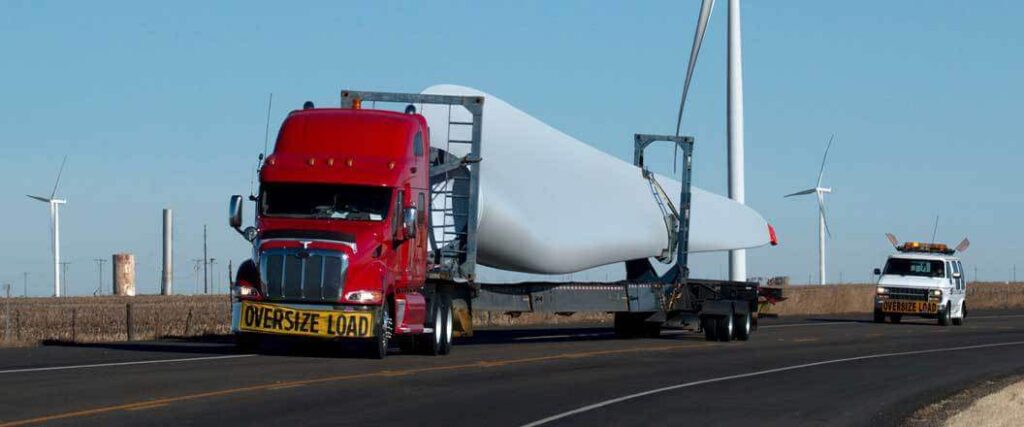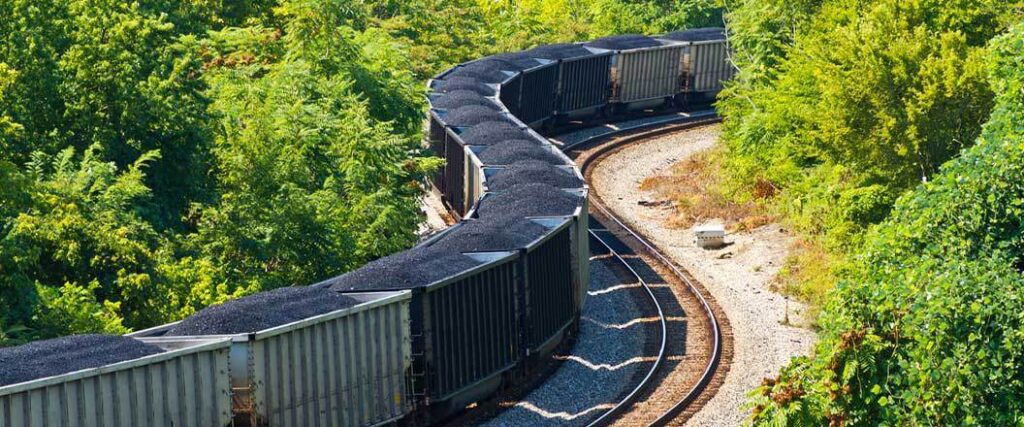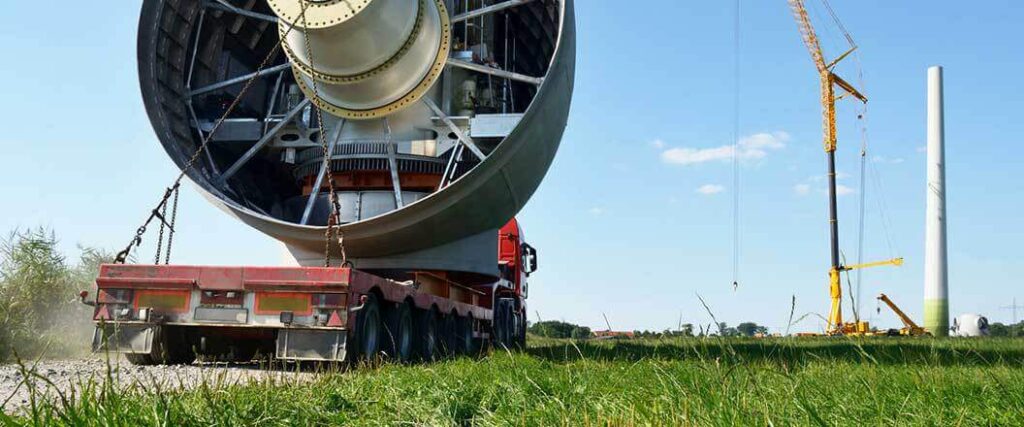Project cargo insurance is not a standard option among most insurance providers. When a product has been labeled as project cargo, it’s because it won’t fit in any other category. Most are considered a large type of heavy haul or out-of-gauge (OOG) freight. These are usually special order shipments and can be difficult to insure.
Most project cargo is part of large and costly projects. Insurance coverage for project cargo should include options for damages due to Delay in Startup (DSU) and/or for Advanced Loss of Profits (ALOP). Many large projects are funded through structured debt, and delays in one area can result in the entire project stopping.
We can help you determine your best options for project cargo insurance to protect your business and investments.
Within the logistics industry, project cargo is considered to be the most complex to transport as well as insure. Many of these are part of plans that involve the oil and gas industries, aerospace, and even military defense contracts.
Project cargo insurance needs to be able to cover the possible loss of custom structures as well as financial losses related to delivery delays.
Actual commodities can vary, but common ones include:
Transporting these large pieces of equipment requires more than just an oversized permit. An experienced project cargo carrier will tell you that an immense amount of pre-planning is also required to make sure that delivery dates match up with set dates within the greater project’s time frame.
Imagine if a wind turbine was being delivered before the crane needed to lift it into place was on site. From an insurance coverage perspective, it may now need to cover the additional time the turbine is on the truck or even a return trip.
The opposite situation is just as bad. If the crane has been brought in, but there is no wind turbine, there is a whole different set of financial pitfalls.
Insurance claims in this situation may include:
These issues become even more expensive in cases of international transportation. When a made-to-order piece of equipment is damaged, it can take months just to start the transport process back up again.

Insurance adjusters like it when cargo and its means of transport fit into a simple category and have a standard price. Project cargo is difficult to insure because it’s not standard and may require multiple shipments with different values.
Project cargo logistics often involve break bulk cargo. These are commodities that are broken down for shipping and reassembled when they come together onsite. When a break bulk shipment qualifies as project cargo, that means at least some parts aren’t fitting in standard shipping containers.
Options for these oversized items include:
The availability of these options depends on just how out-of-gauge the item is. RoRo ships, as an example, offer a protected way to ship OOG cargo, but even those cannot accommodate certain items.
Going back to the example of a wind turbine. From foundation to blades, there are hundreds of pieces involved. Some are manufactured in the U.S. while others must be imported. Pieces might be traveling by land, sea, or air, but they are all part of the same project.
It may or may not be possible to keep all transports related to a project under the same insurance provider. This further complicates the process of finding coverage for the shipment.
To get a better idea of the expenses involved, check out the cost comparison between a few different construction projects that are likely to need project cargo contractors.
| Construction Project | Estimated Costs |
| Average sized-wind turbine | $2.6 - $4 million |
| Oil Pipelines (per mile) | $8.7 million |
| Petrochemical Plants (total costs) | $9 billion |
The cost of single components within such large projects varies. Shipments that qualify as project cargo for such sites may include pipeline sections, power generation reactors, or even large engine turbines.
In any case, delays mean setbacks of thousands or millions of dollars.

Most project cargo shipments have more in common with heavy haul than anything else. However, project cargo isn’t just one part or even a series of multiple orders. Project cargo is often multiple shipments, all related to the same occasion.
Heavy haul insurance is often billed as high-risk insurance and requires drivers and carriers to carry one million dollars worth of general liability insurance. Although it seems like a substantial amount of money, it's only going to cost the average small to medium business about $1,000 per year.
This is enough for a company that does land clearing, for example, to transport bulldozers and excavators to different job sites.
Project cargo insurance is also high-risk and always high-value, but it cannot be covered by general liability insurance alone. In addition to covering the value of the shipment, insurance must also cover losses that delays may create within the scope of the entire operation.
Insurance companies covering the transport of project cargo will include two special options.
Due to the high costs associated with these projects, most insurance companies will place a cap on how much money can be claimed in the event of major damage or even total loss. Claims made for delays can be made during or after a project has been completed.
As with the cap placed on payback after major damage, delays are covered within set time periods. Delays are measured in terms of 30, 45, 60, or 90 days. Businesses can submit the total days delayed once the project is completed.
You should note that delays need to be specific to deliveries or events related to transportation if you are making DSU or ALOP claims to the cargo insurance provider. Delays due to weather events, worker shortages, or similar should not be counted.

Once you realize that project cargo requires a more in-depth type of coverage, the hunt for an actual provider takes place. The best way to find a project cargo insurance broker is to go through a cargo carrier or freight forwarding company.
Since this kind of cargo often has special transport needs, the carrier itself is the best source of information on associated risks that impact insurance rates. Depending on the route and mode of transport, insurance brokers may request specific information for their assessment.
Commonly requested information may include:
The more likely something can go wrong, the more information an insurance provider will request before drafting any kind of coverage agreement.
The greater the cargo, the greater the insurance needs are to protect your business and investments. Our team of cargo insurance specialists at Freight Insurance Coverage has been working within the cargo transport industry for decades.
Powered by the experienced and worldwide network of R+L Global Logistics, we are able to provide appropriate cargo insurance according to your unique needs.
Call us today about your cargo insurance needs today at (866) 975-0749. For a tailored solution, get an online quote by filling out a form with your cargo details today and start your project cargo journey.
Freight Insurance Coverage
315 NE 14th Street #4122
Ocala, FL 34470